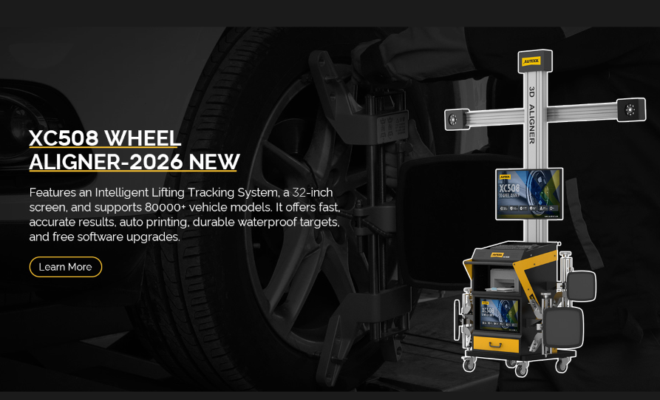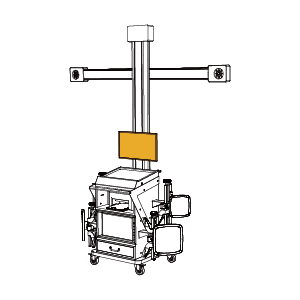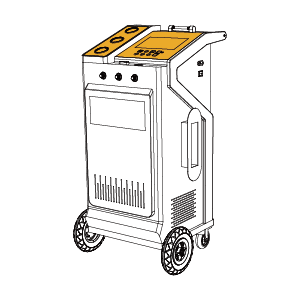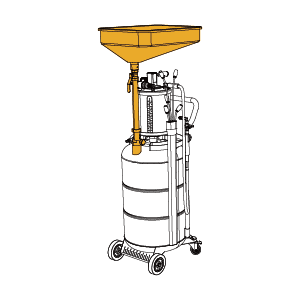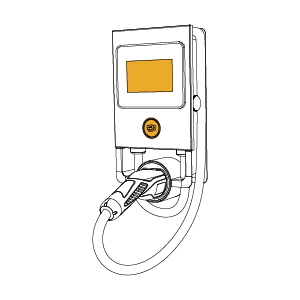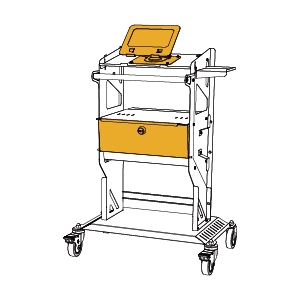In March 2025, U.S. President Trump announced a 25% tariff on all imported cars and key auto parts, such as engines, transmissions, powertrain parts, and electrical components, claiming it was to “protect national security.” This policy officially took effect on April 3, immediately triggering a strong reaction in the global automotive industry. Governments, multinational car manufacturers, supply chain companies, and consumers have all felt the impact of this policy.
📈 Expected Car Price Increase Triggers Car Sales Boom
The new tariff policy has led to expectations of higher prices for imported cars, prompting U.S. consumers to purchase vehicles in advance, triggering a car sales boom with a surge in new car purchases. According to reports, new car sales in the U.S. surged by 17.2% in March 2025, and dealer inventories quickly dwindled.
🏭 Automakers Adjust Production Strategies
In response to Trump’s policy announcement, Ford’s stock fell more than 4% after hours, General Motors dropped over 5%, Tesla rose by more than 2%, and Stellantis declined by over 4%. Foreign manufacturers such as Toyota, Honda, and Ferrari also saw after-hours declines. Faced with the looming U.S. tariffs, several multinational automakers have begun reassessing their global production strategies. For instance, Toyota is considering relocating the production of its next-generation RAV4 SUV to the U.S. to avoid the new tariffs. While no final decision has been made yet, Toyota has stated that it will increase its investment in the U.S. to maintain its competitiveness in the American market.
🌍 Governments Around the World Strongly Oppose and Prepare Countermeasures
China, Canada, the European Union, and others have announced countermeasures in response. Canadian Prime Minister Trudeau stated that the policy was a “direct attack” on Canada’s economy and warned that retaliatory tariffs would be among the measures taken. The European Union, Japan, South Korea, and other countries have also expressed concern, arguing that the move violates World Trade Organization (WTO) rules and undermines the multilateral trade system.
⚙️ Supply Chains Disrupted, Parts Costs Rise
The new tariffs not only affect the import of complete vehicles but also impact key automotive components, such as engines and transmissions. This poses a challenge for automakers that rely on global supply chains, potentially leading to higher production costs, which could, in turn, affect the prices of finished vehicles. Analysts suggest that the tariffs could increase the cost of cars produced in the U.S. by $3,500 to $12,000 per vehicle.
🔮 The global automotive industry may reshape its landscape in the long term.
Trump’s tariff policy may push more automakers to move production to the U.S. to avoid tariffs, potentially reshaping the global automotive industry. In the short term, companies face higher costs and market uncertainty. In the long term, it may lead to a shift towards localized production and stronger supply chain resilience, but with high adjustment costs and market fluctuations.
Conclusion
The U.S.’s high tariff policy has widely impacted the global automotive industry, affecting production, supply chains, demand, and trade relations. Companies and policymakers must closely monitor the situation’s development and respond flexibly to mitigate potential negative impacts.

